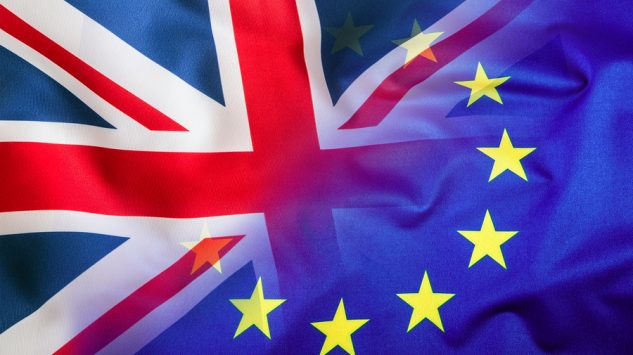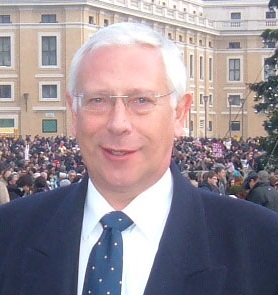Issue Briefs

The unending Brexit drama
Graham Bardgett
December 14, 2018
After surviving a Confidence Vote by her own MPs — 200 to 117 was the Secret Ballot result — the British Prime Minister has been in Brussels again for another EU summit. With most people now looking forward to Christmas, there was a dark prediction on December 13 from her Conservative Party colleague Kenneth Clarke, the Father of the House at Westminster, that the whole affair would end in a No Deal, or No Brexit.
Chaotic situation
Amid calls for another Referendum on Europe, there is still the possibility of a demand for her to resign. Labour Party Opposition Leader Jeremy Corbyn wants a General Election and even the Scottish Nationalist Party leader at Westminster has called for Mrs May to step down.
A host of people interviewed throughout Britain said May deserved support, and praised her for trying to deliver the result of the 2016 Referendum to leave the EU. But many others said she should think again and keep the UK in Europe to avoid economic disaster.
Mission to Brussels
Mrs May’s trip to Brussels was to try to get legal and political assurances on the Irish Border Backstop arrangements. Six key paragraphs were being discussed. But the likelihood is that she will still not be able to get the EU Treaty through the House of Commons, after calling off Tuesday’s planned vote this week. The UK is due to leave the EU on 29 March next year, and EU leaders seem adamant that nothing is going to change in the Treaty that has already been negotiated.
What is the end game?
Mrs May believes she can get MPs across the House to back her Brexit deal if she can ease their fears about the “backstop” plan to avoid a manned Irish border. Forty eight Tory MPs letters had been needed by the 1922 Committee to hold a Conservative Vote of Confidence. But when the result was announced on Wednesday night 117 had actually voted against her. However, strengthened by the fact that 200 had voted in favor of her continuing as Prime Minister, she appeared in confident mood when she arrived in Brussels. Critics say Mrs May’s backstop plan will keep the UK tied to EU rules indefinitely and curb its ability to strike trade deals. The EU says it will not renegotiate the backstop, but may agree to give greater assurances on its temporary nature.
It seems unlikely that would win over enough support for her Brexit plan to have a realistic chance of getting it through the House of Commons, with tensions heightened in the Conservative Party in the wake of Wednesday evening’s vote. And the Northern Ireland Democratic Unionist’s 10 MPs at Westminster have vowed to vote against her, despite helping her to remain in power when she fail to get a majority in the last election.
The contentious Irish border issue
Theresa May said: “I’ve already met Irish Premier Leo Varadkar. I’m going to be addressing the European Council later and I’ll be showing the legal and political assurances that I believe we need to assuage the concerns that MPs have on this issue.”
She added: “I don’t expect an immediate breakthrough but what I do hope is that we can start work as quickly as possible on the assurances that are necessary.
 |
Graham Bardgett is a Global Policy Institute Fellow. He has reported for the Los Angeles Post Examiner and Baltimore Post Examiner and is a former BBC Radio News sub-editor in London and Veteran reporter of the Northern Ireland Troubles and Peace Process. He had five years on the news desk of BBC Northern Ireland, nine years as a security reporter on the Belfast Telegraph, four years as Ireland staff reporter for the Daily Mail, and was a correspondent for the Financial Times, Daily Mirror, Sunday Express, and Irish Daily Mail. During his career he has also reported from Berlin, Luxembourg, and Rome, and carried out public affairs critical incident consultancy work in Kazakhstan and in London. He had four years with PwC international accountants and consultants; and was previously a UK Government Higher Executive Press Officer. |
The views and opinions expressed in this issue brief are those of the author.